Have you ever felt that something you said, no matter how ‘correct’ you may have been, was not received very kindly by the people who were listening?
Yeah, me too.
There can, of course, be lots of reasons for this. I want to focus on just one – my language and its ability to include or exclude others.
In Episode 8 of the Facilitator Tips video series, I discussed how powerful our language as a group facilitator can be. For me, the intentional use of two little words has made all the difference in creating a culture of equity and inclusion, or not. Indeed, you will note that I just used them.
For me.
Adding the words ‘for me’ states that I am willing to own what I am saying. More powerfully, the intentional use of these two little words helps me embrace a context that distinguishes (my) opinion from fact.
Equity and inclusion are essential ingredients for creating a culture of connection, belonging, and trust. So, too, is intentionality. I work hard, every day, to embrace a more inclusive language when I engage with others and stand before my groups. This does not happen by accident, I am very intentional about it.
One of my favourite ways to weave a more inclusive and empathetic mindset into my language and actions is to add “for me” to the end of my sentences. Here are some examples to help you understand what I mean:
- This is not expensive (for me.)
- This project was really easy (for me.)
- Fear for my safety going out at night is not an issue (for me.)
- Working 60-80 hours a week isn’t a big deal (for me).
- Want to turn it into a question? Try adding “for you” onto the end of your questions.
Can you see or feel the difference?
Without the suffix of “for me,” these statements risk alienating those who disagree. When I own what I say, there is a path forward for dialogue and the possibility for understanding.
Even better, consider adding two little words – “for you” – to expand your understanding, eg “Is this expensive, for you?” As Stephen Covey says, seek first to understand, then be understood.
With thanks to Meg Bolger and Chad Littlefield for sharing the inspiration behind this gem with me.
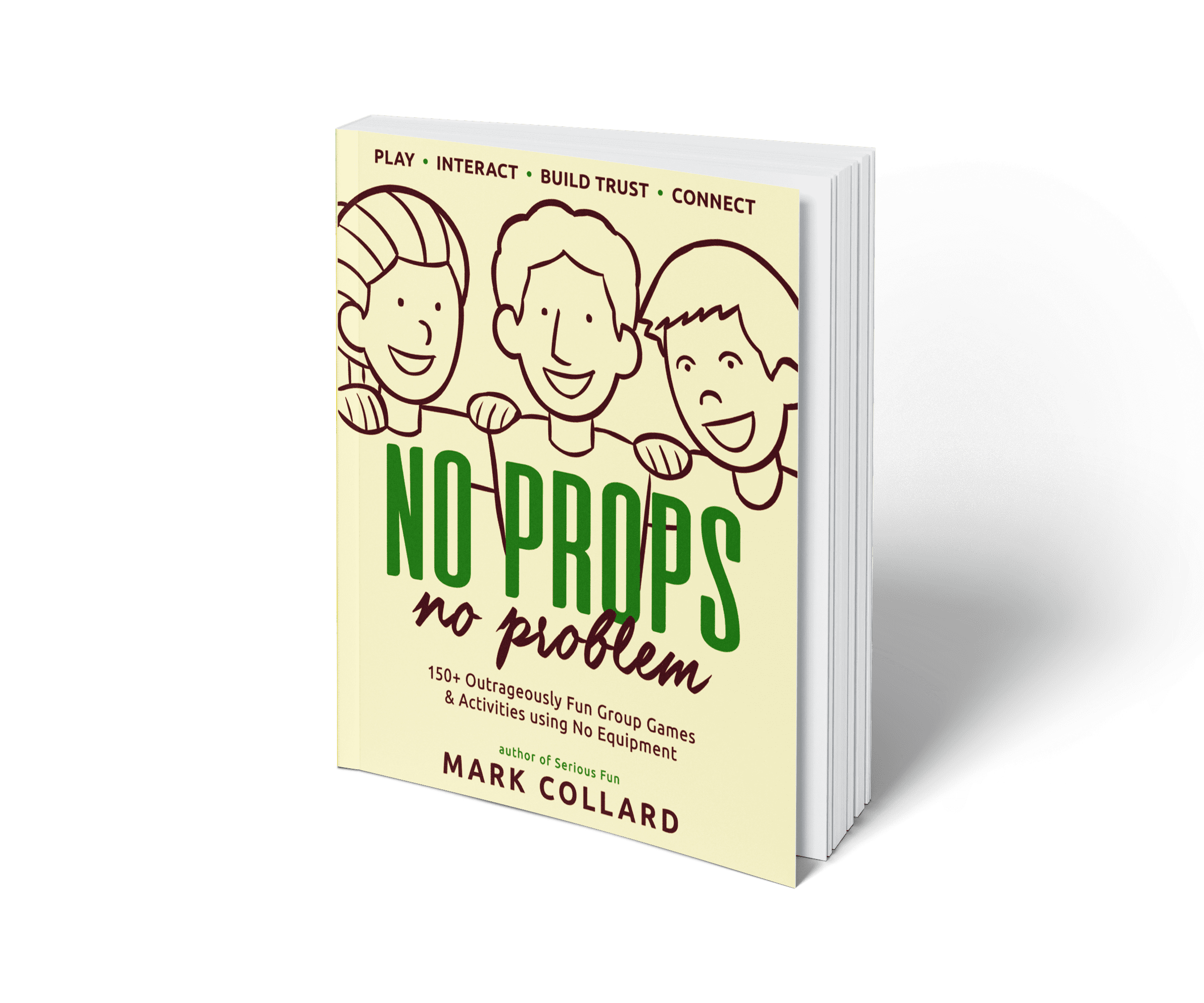
No Props? No Problem!
Get 150+ no-prop games & activities + exclusive 30-day free trial of playmeo. Scan QR codes to view activity videos, leadership tips, etc.
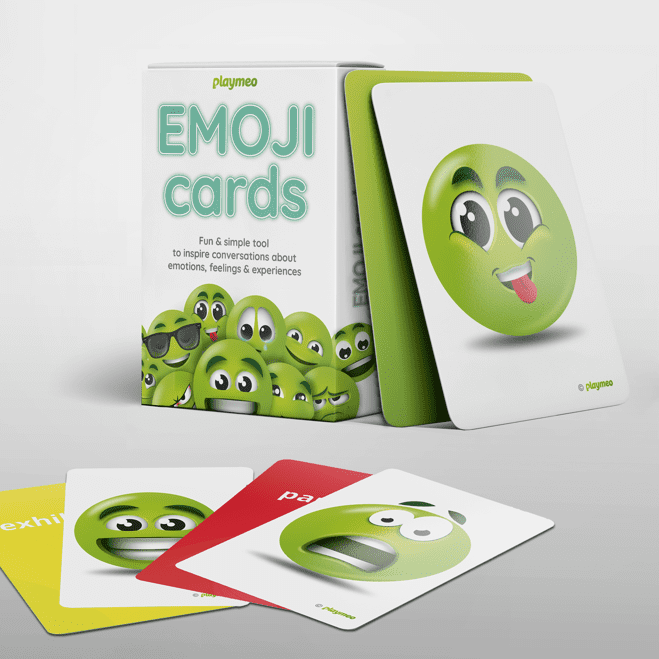
EMOJI Feeling Cards
50+ cards that portray a range of emotions from happy, sad, angry & confused. Ideal for building emotional literacy skills.
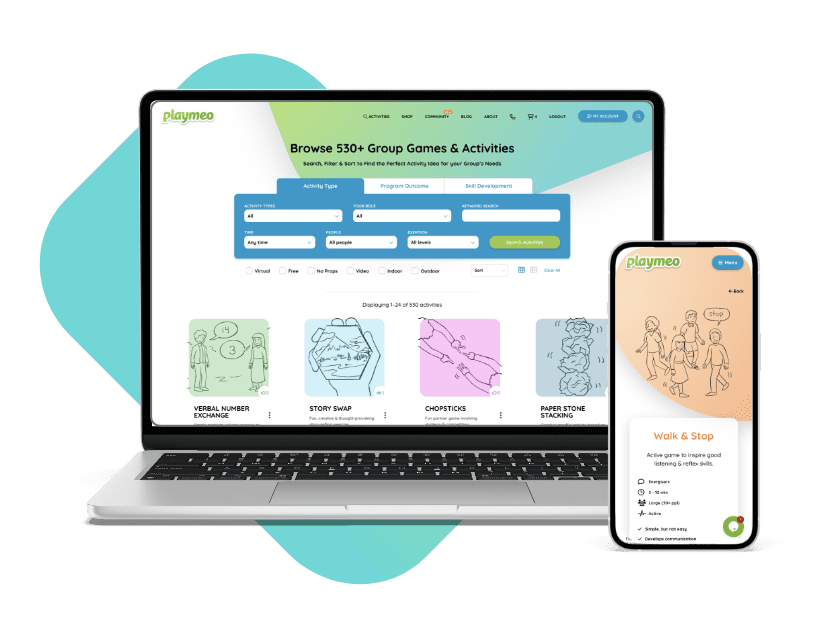
Wow, you’ve been busy!
You can open 1 more
activity for free.
Limit resets every 24 hours
or click below to get unlimited access.







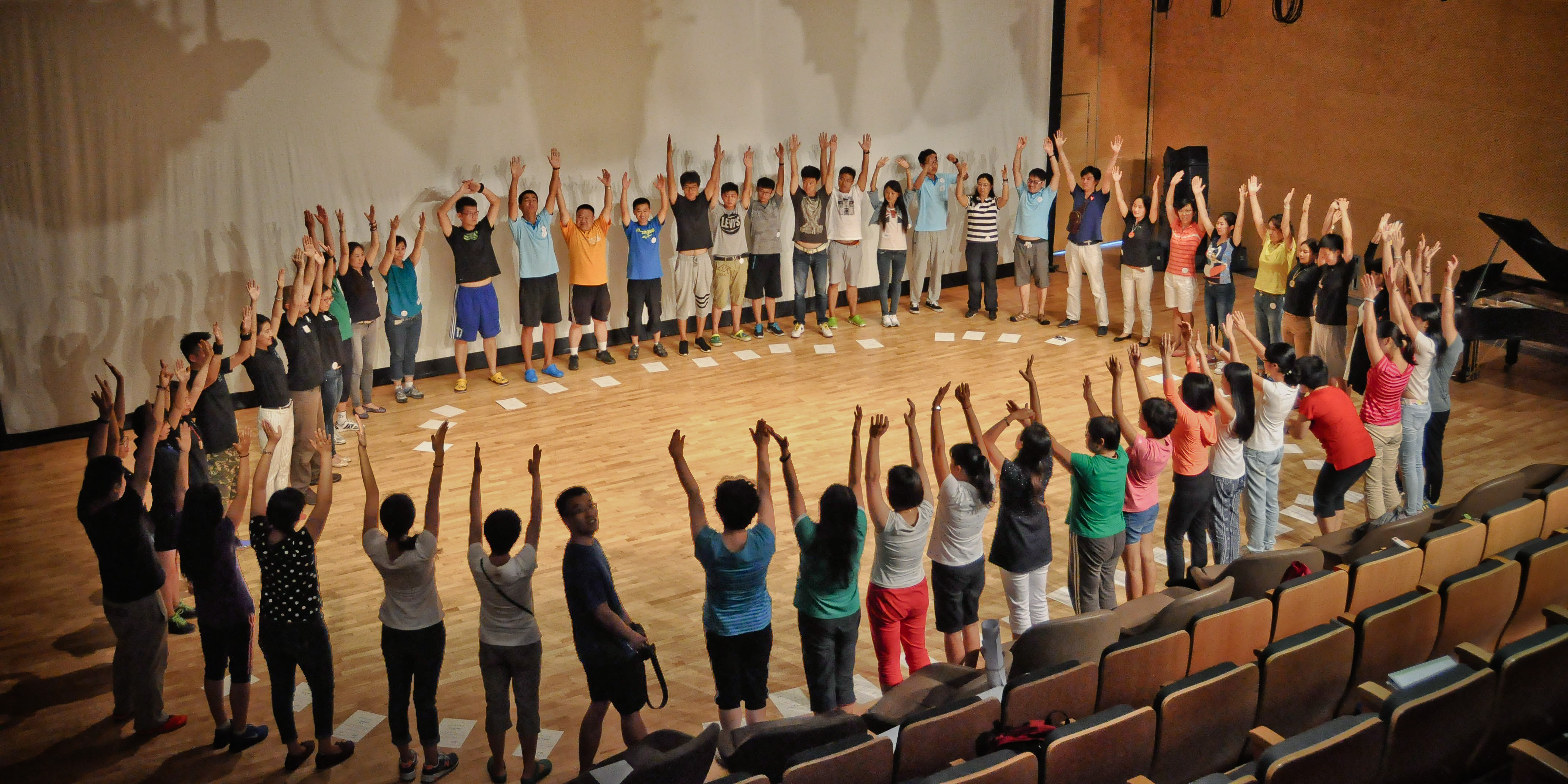
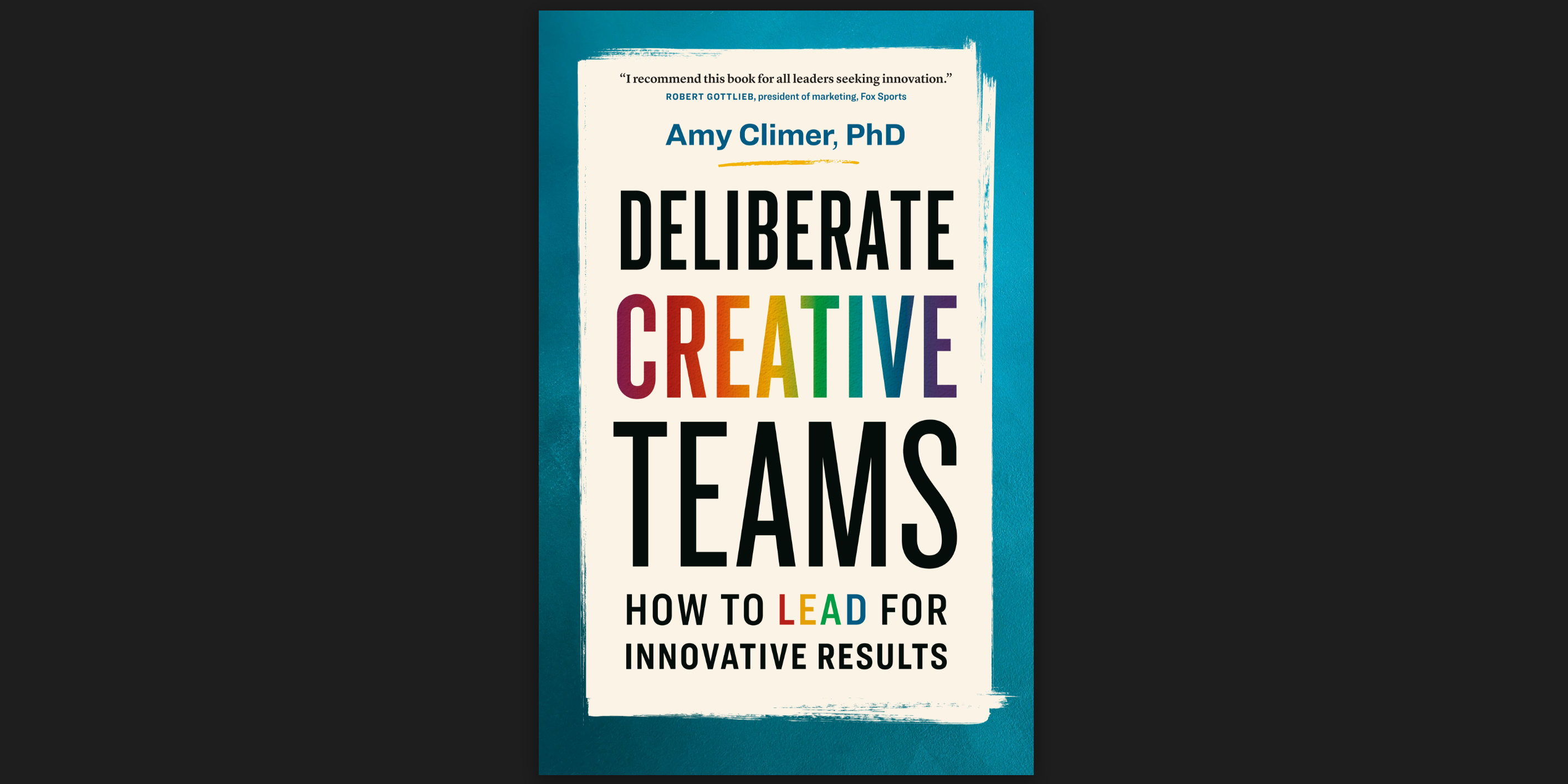


Original post April 2020, last updated May 2024.